Britain & Ireland 1066-1509
The Normans are coming – and they stayed and now we all speak French – actually we don’t , so why not? Well find out about the impact of the last great invasion into England and how the subsequent relations with France result in the Hundred Years War. Or learn about the Magna Carta and wars of the Roses – but this section is not all about war!
Sort by:
Date (Newest first) | Title A-Z
Show:
All |
Articles |
Podcasts |
Multipage Articles
-
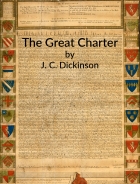
The Great Charter
ArticleClick to view -
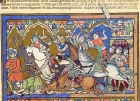
Cunning Plan 163.2: Developing an A-level course in medieval history
ArticleClick to view -

The Norman Conquest: why did it matter?
ArticleClick to view -
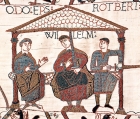
1066: The Limits of our Knowledge
ArticleClick to view -

Cunning Plan 161: Magna Carta's legacy
ArticleClick to view -

Interpreting Agincourt: KS3 Scheme of Work
ArticleClick to view -

Remembering Agincourt: Bilingual Enquiry
Multipage ArticleClick to view -

Welsh archers at Agincourt: myth and reality
ArticleClick to view -

Podcast Series: The Hundred Years War
Multipage ArticleClick to view -
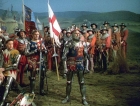
Henry V in the cinema
ArticleClick to view -
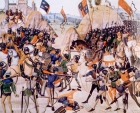
On the campaign trail: walking the Hundred Years War
ArticleClick to view -

The archer's stake and the battle of Agincourt
ArticleClick to view -
Agincourt 1415-2015
ArticleClick to view -

Exploring big overviews through local depth
ArticleClick to view -

Magna Carta Enquiry: free lesson sequence
ArticleClick to view -

Podcast Series: An Introduction to Magna Carta
Multipage ArticleClick to view -
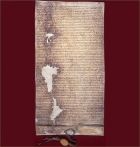
Cunning Plan 159: Putting the people into Magna Carta
ArticleClick to view -

Enabling Year 7 to write essays on Magna Carta
ArticleClick to view -

Polychronicon 159: Interpreting Magna Carta
ArticleClick to view -

Cunning Plan 159: Was King John unlucky with his Barons?
ArticleClick to view

